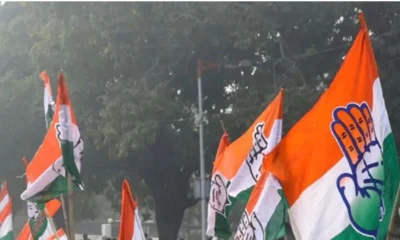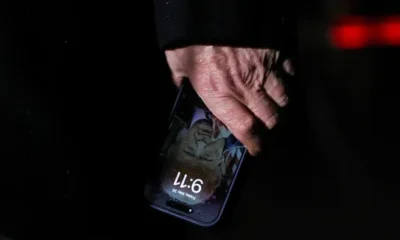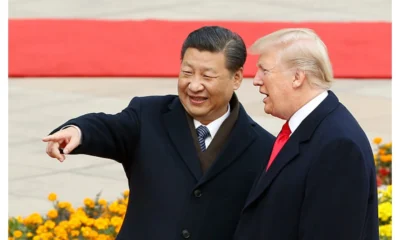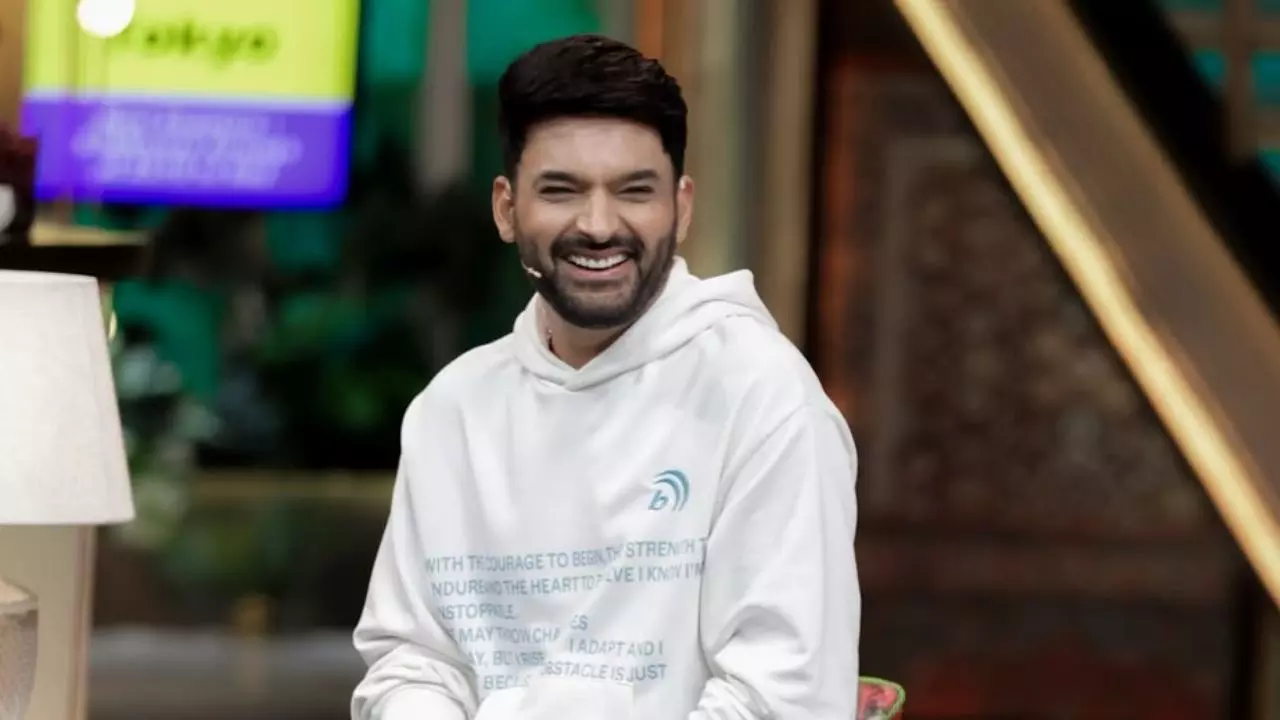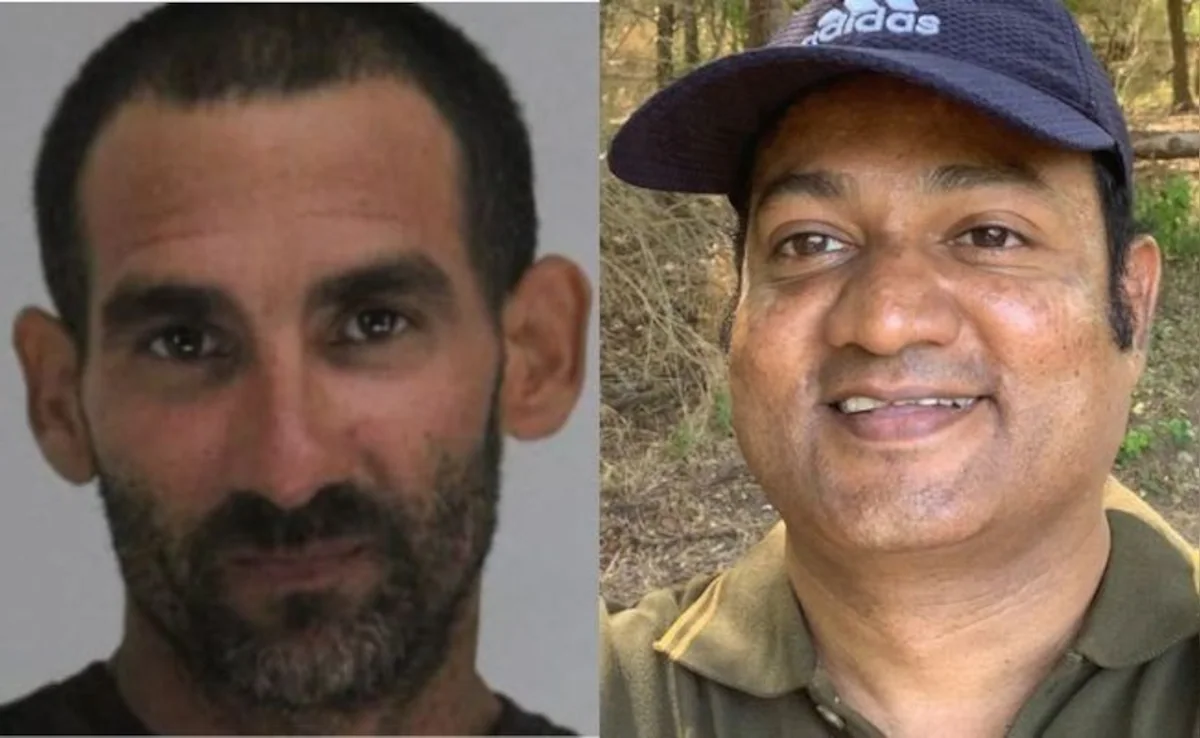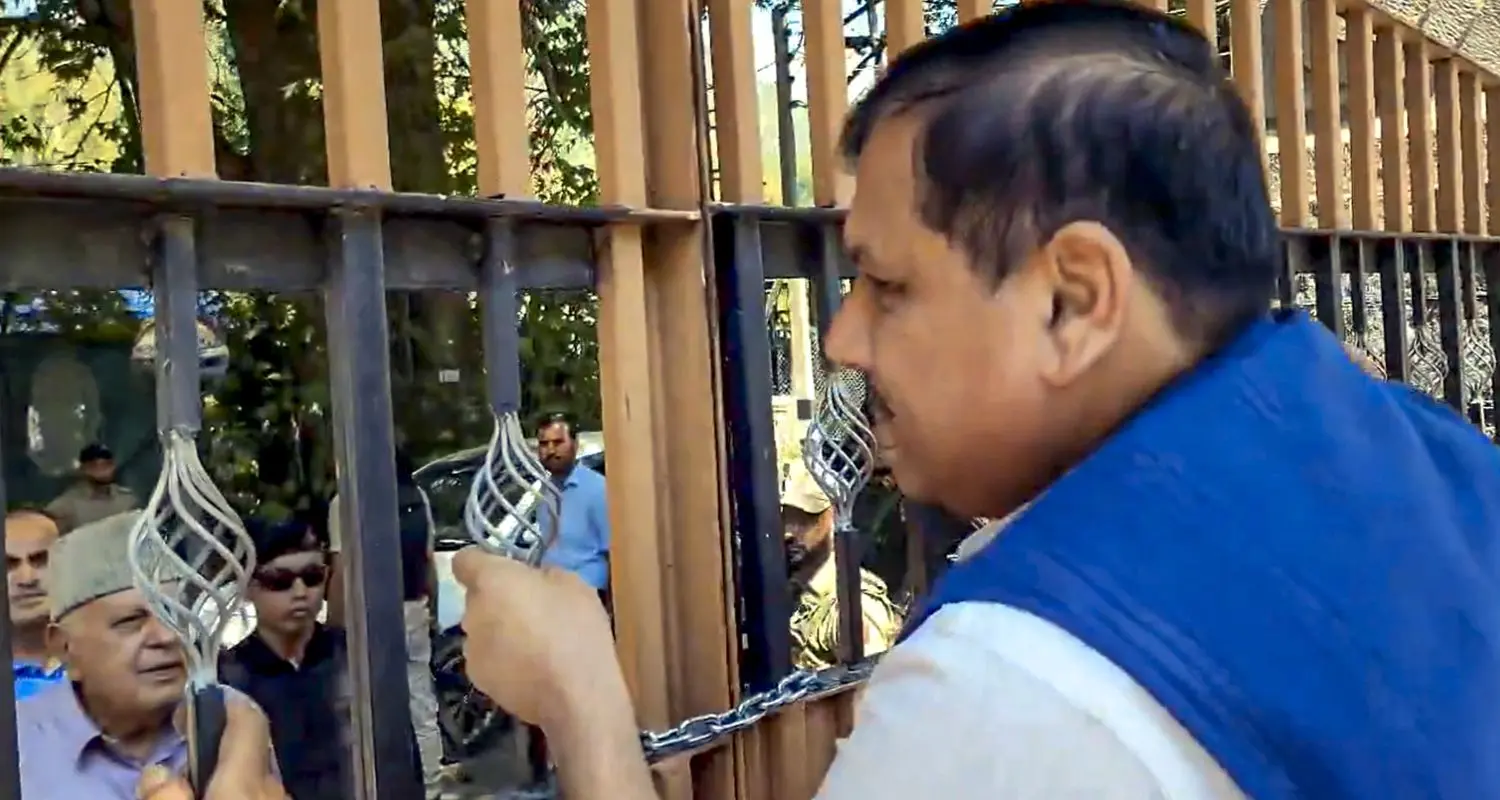[vc_row][vc_column][vc_column_text]The Telecom Regulatory Authority of India (Trai) on Tuesday came out in strong support of the principle of an open and free internet in its recommendations on net neutrality.
This comes as welcome news at a time when in US the regulatory agency for that country, Federal Communications Commission (FCC), intends to repeal net neutrality rules, that were adopted in 2015, to allow telecom companies to regulate and charge for access to websites. The FCC would take a vote on the issue on December 14.
As ‘savetheinternet.com’ explains, net neutrality is the basic principle that prohibits internet service providers… from speeding up, slowing down or blocking any content, applications or websites you want to use. Net Neutrality is the way that the internet has always worked.
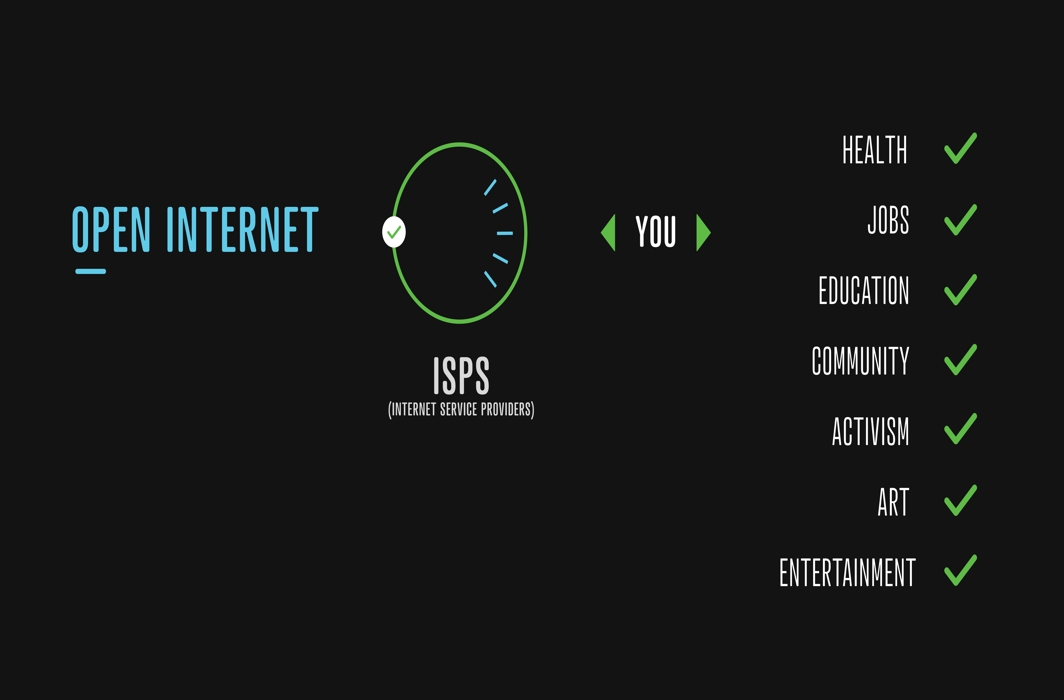
The existing rules bar internet providers from blocking or slowing down access to content or charging consumers more for certain type of content.
Trai says no ISP (Internet service provider) can engage in any discrimination or interference in the treatment of content, including practices like blocking, degrading, slowing down, or granting preferential speeds or treatment to any content. Content has been defined to include “content, applications, services and any other data, including its end-point information, which can be accessed or transmitted over the Internet.”
“A Licensee providing Internet Access Service shall not engage in any discriminatory treatment of content, including based on the sender or receiver, the protocols being used or the user equipment,” Trai said.
The guidelines would apply to internet access services, exempting certain “specialised services” defined by the telecom ministry.
Trai recommended that the terms of various licence agreements governing the provision of internet services in India be amended in order to incorporate the principles of non-discriminatory treatment of content by internet access services along with the appropriate exclusions and exceptions.
The telecom operators should be restricted from entering into any arrangement, agreement or contract, by whatever name called, with any person, natural or legal, that has the effect of discriminatory treatment based on content, sender or receiver, protocols or user equipment, said Trai.
Telecom Regulatory Authority of India (Trai) has also urged the government to establish a multi-stakeholder body with a framework for collaborative mechanism among the stakeholders for the purpose of monitoring and enforcement.
The regulator had, in January, floated a consultation paper on the topic inviting views on neutrality and seeking views on issues such as how to ensure non-discriminatory access to content on the internet, said media reports. This was followed up by an open house discussion in August which saw participation from representatives from telecom and internet service providers, consulting firms, activists and policy experts.[/vc_column_text][vc_column_text css=”.vc_custom_1511863344171{padding-top: 5px !important;padding-right: 5px !important;padding-bottom: 5px !important;padding-left: 5px !important;background-color: #dbdbdb !important;border-radius: 5px !important;}”]Exemptions:
Trai has proposed exempting specialised services that are optimised for specific content and are not internet services. Department of Telecommunications (DoT) may identify these specialised services.
It has included internet of things (IoT) to fall under the non-discriminatory treatment but with a rider saying critical IoT services, which may be identified by DoT, would be exempted.
It has also exempted content delivery networks (CDNs), which enable a mobile operator to deliver content within its network without going through the public internet as also allowing telecom operators to deploy traffic management practices (TMP). The operators though need to declare their TMPs when deployed and what impact it would have on the users.[/vc_column_text][vc_column_text]In India the issue of net neutrality came to the fore in 2015 when Trai came out with a consultation paper on the regulatory framework for over-the-top services. One of the questions in the paper was if telecom service providers should be allowed to price data differentially based on the content.
At the time, there was also a raging online debate over some of the operators offering ‘free’ services through their tie-ups with content providers, but these services were available only to partner websites and applications. Facebook’s ‘Free Basics’ as well as Airtel Zero were particularly highlighted by net neutrality activists. The services were later banned by the regulator.[/vc_column_text][/vc_column][/vc_row]


 Latest world news18 hours ago
Latest world news18 hours ago
 Latest world news18 hours ago
Latest world news18 hours ago
 India News18 hours ago
India News18 hours ago
 Latest world news9 hours ago
Latest world news9 hours ago

